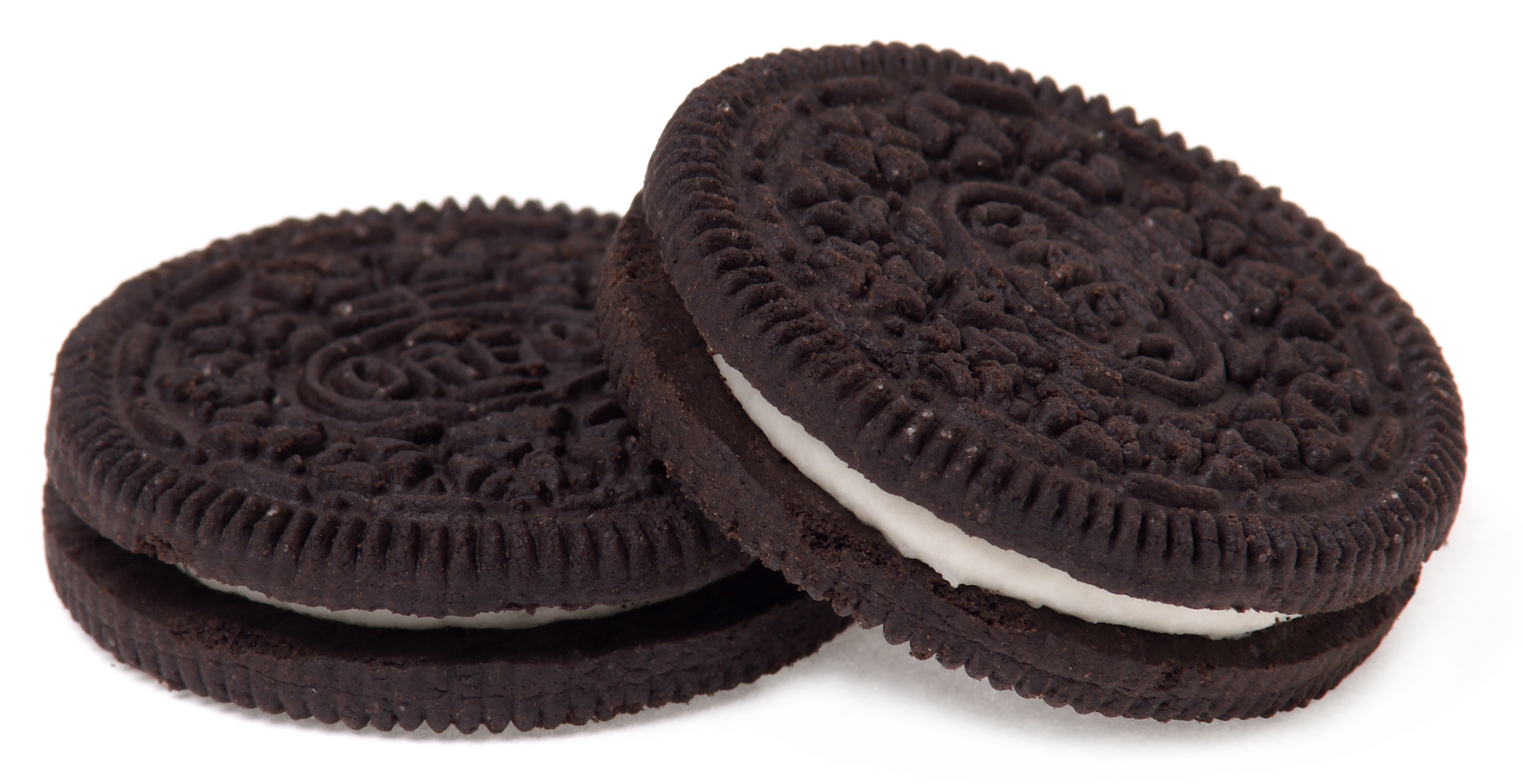
A scientist and his students at Connecticut College have shown that certain foods -- the experiment focused on Oreos -- stimulate rat brains in the same way as drugs. In fact, the rats trip harder on Oreo filling than on cocaine or morphine.
What they're saying is that Oreos might have addictive qualities.
The study's authors call out purveyors of highly processed, nutritionally bereft foods for marketing their products heavily in lower-income neighborhoods, contributing to obesity and other chronic diseases.
If researchers pin down evidence of this effect in humans beyond reasonable doubt, health advocates would wield a powerful legal and rhetorical weapon against Big Junk. Think warning labels. Given the proven physiological consequences of consuming too much junk, evidence of addictive qualities would leave little relevant difference between these foods and addictive drugs such as cocaine and nicotine, cultural taboo aside.
It's good that this work is moving forward, but we can't afford to wait until there is conclusive evidence of addiction to act. We've got problems today. We are flushing money down the IV tube by subsidizing farmers to grow the surplus of corn that fuels our junk food culture. We'd be better off subsidizing kale growers. At present, we pay twice: a first time to sponsor the agricultural production that makes us sick, and then again to ease our suffering and prolong our lives using drugs and surgery. Fortunately, leading organizations like the American Heart Association are now calling in earnest for doctors to shift their attention to preventative lifestyle choices. That's a start.
But never mind society's problems for a moment. Do you really want to wait around until scientists prove that Oreos are addictive to cut back or eliminate them from your diet? Is that piece of evidence even relevant to your personal choices? Addictive properties or not, clever marketing can convince an uninformed child that soda is safe to drink, especially when little else of caloric value is available.
Whether or not a food is addictive doesn't change that eating too much of it will cause serious health problems. You don't need to be addicted to Oreos to go wild and put away a whole tube. Or to always have a supply in your pantry or cubicle. The Oreo study will not tell you anything you don't know about your own cravings. It won't change the fact that no one should eat more than a couple of Oreos at once, and it won't provide us with additional resources for improving our lifestyle choices. It won't abdicate us from responsibility for the daily decisions that impact our long-term health.
As a nation, our eating habits are out of control. Instead of fixating on the latest study, we need to reject the status quo, vote with our grocery dollars, and call for the government to reallocate public funds to stem the spread of cheap junk. We need to do this whether or not we're addicted and in spite of the powerful nostalgia and affection that drives our justifications for producing and consuming junk food in excess.
You may have read that while X dietary choice would be ideal, we can't expect Americans to give up Y. That it's not realistic, or that it's unreasonable to expect Americans to make thoughtful choices. In truth, we are free to want the food culture that we need. Instead of waiting for the next scientific breakthrough, today is the time to elevate real, unprocessed food and eat in the sane quantities that will render the addiction question much less central.
This post originally appeared on newfoodculture.com, where Leo Brown writes about food, nutrition, and health.